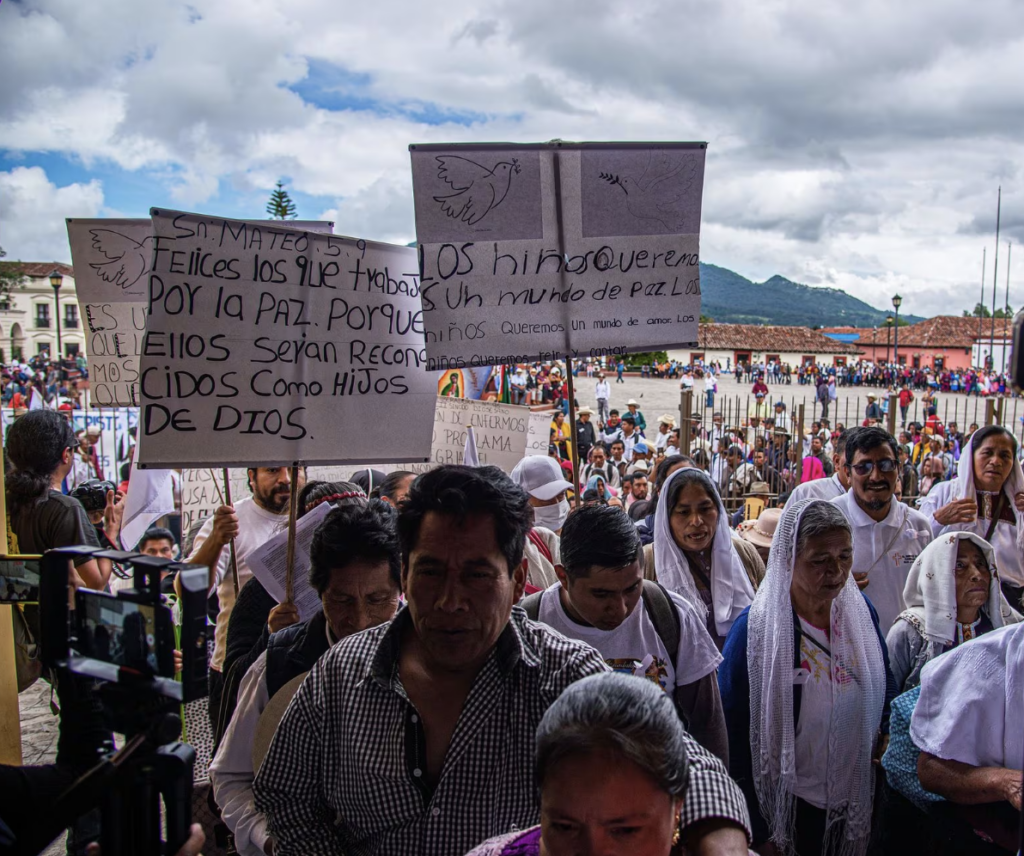
09/17/13 (written by gomeznathalie) – Amid the recent allegations of espionage that were brought to light in classified documents leaked by whistleblower and ex-contractor of the U.S. Central Intelligence Agency (CIA) Edward Snowden, U.S.-Mexican relations have been noticeably affected. According to the leaked documents, the U.S. National Security Agency (NSA) spied on Mexican President Enrique Peña Nieto during his campaign for the Mexican presidency, as well as Brazilian President Dilma Rousseff and her collaborators.
The leaders of both countries have demanded a formal explanation from the U.S. government. According to reports from El Universal, Obama met with Rousseff to discuss her concerns during the G-20 summit in Saint Petersburg, Russia, where the two reunited for a private meeting on September 6. In response to the NSA spying, Rousseff postponed an upcoming state visit she and a Brazilian delegation had planned to Washington, D.C. originally scheduled for October 23.
With regards to Mexico, Excélsior reported that Obama had a telephone call with Mexico’s president on September 5, a high profile conversation that evidently interrupted an interview Peña Nieto was giving to the Mexican media. In another interview with Russia Today, a local Russian television channel, Peña Nieto divulged that during the conversation, he had demanded that Obama launch a formal investigation to clarify the espionage issue. For his part, Obama committed to bringing about a profound investigation into the matter. The Mexican Senate has furthermore expressed that it will intervene and petition the United States government for an explanation. Senate Presiden Raúl Cervantes indicated that the Mexican Senate would grow further estranged from the United States and would seek an open dialogue with the U.S. Congress to formally explain the motives and objectives behind the alleged espionage. Both the Mexican president and Senate leader have decried the espionage claims, calling them a violation of the country’s privacy, and especially that of a candidate running for presidency. Ricardo Anaya Cortes, the president of the Mexican Chamber of Deputies, argued that the United States must respect Mexican sovereignty and the Mexican public should always reject any intervention from a foreign government in spying on Mexican citizens, regardless of whether they are running for presidency.
These allegations add to the continued chill in bilateral relations between the United States and Mexico. As Justice in Mexico explains in its “April-July Monthly News Monitor,” the bilateral relationship has already undergone noticeable change since Peña Nieto took office in December 2012, changes particularly on the level of collaboration on matters pertaining to security, including a reduction of U.S. access to Mexican intelligence, a decrease in general intelligence sharing, and a more ‘hands off’ approach to U.S. involvement in addressing organized crime. Under the Peña Nieto administration, the Mexican government has enjoyed a number of high profile arrests and convictions of drug cartel leaders without the involvement of the United States. U.S. contact with Mexican government officials through the Ministry of the Interior (Secretaría de Gobernación, SEGOB) has also been more limited, a step back in increasing transparency within the Mexican government. Peña Nieto’s strategy signals a growing reluctance in his administration’s willingness to collaborate with the United States, a change from the actions of his predecessor, President Felipe Calderón (2006-2012).
The downside to such separation and isolation in addressing security matters, however, has been evidenced in the case of Rafael Caro Quintero, the founding member of the former Guadalajara cartel who was convicted of killing U.S. Drug Enforcement Agency agent Enrique “Kiki” Camerana in 1985. Mexican authorities released Caro Quintero on August 9 after serving only 28 of his 40 years in prison. Although the U.S. is seeking extradition charges, Mexican authorities have been unable to locate Caro Quintero since he was let go from prison. The lack of bilateral coordination in his release raises serious concerns for both countries in combating government collusion and impunity.
Sources:
“News Monitor: April-July 2013.” Justice in Mexico Project. Vol. 8, No. 4. July 2013.“
“News Monitor: August 2013.” Justice in Mexico Project. Vol. 8, No. 5. August 2013.
“Obama Pide a Peña Y Rousseff Superar Caso De Espionaje.” El Universal. September 6, 2013.
“Espionaje Tensa Relación de Obama Con Rousseff Y Peña Nieto.” El Universal. September 6, 2013.




